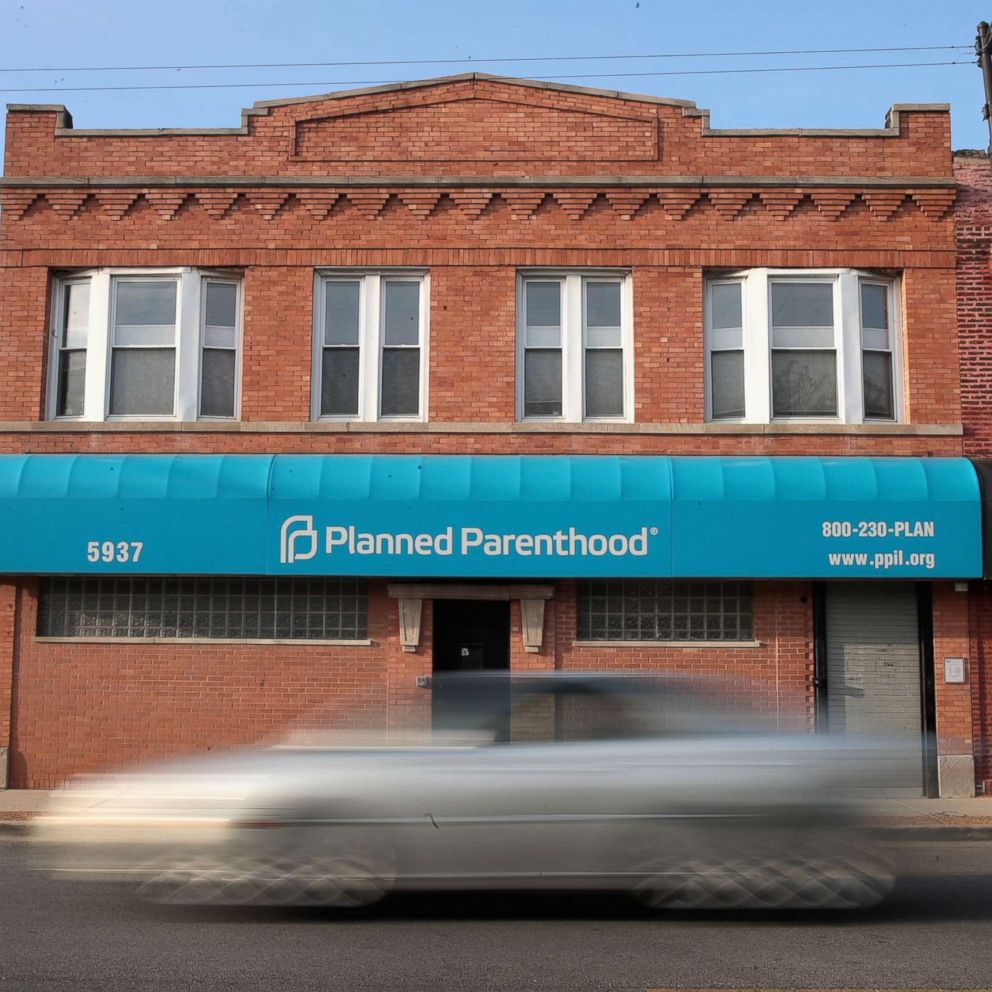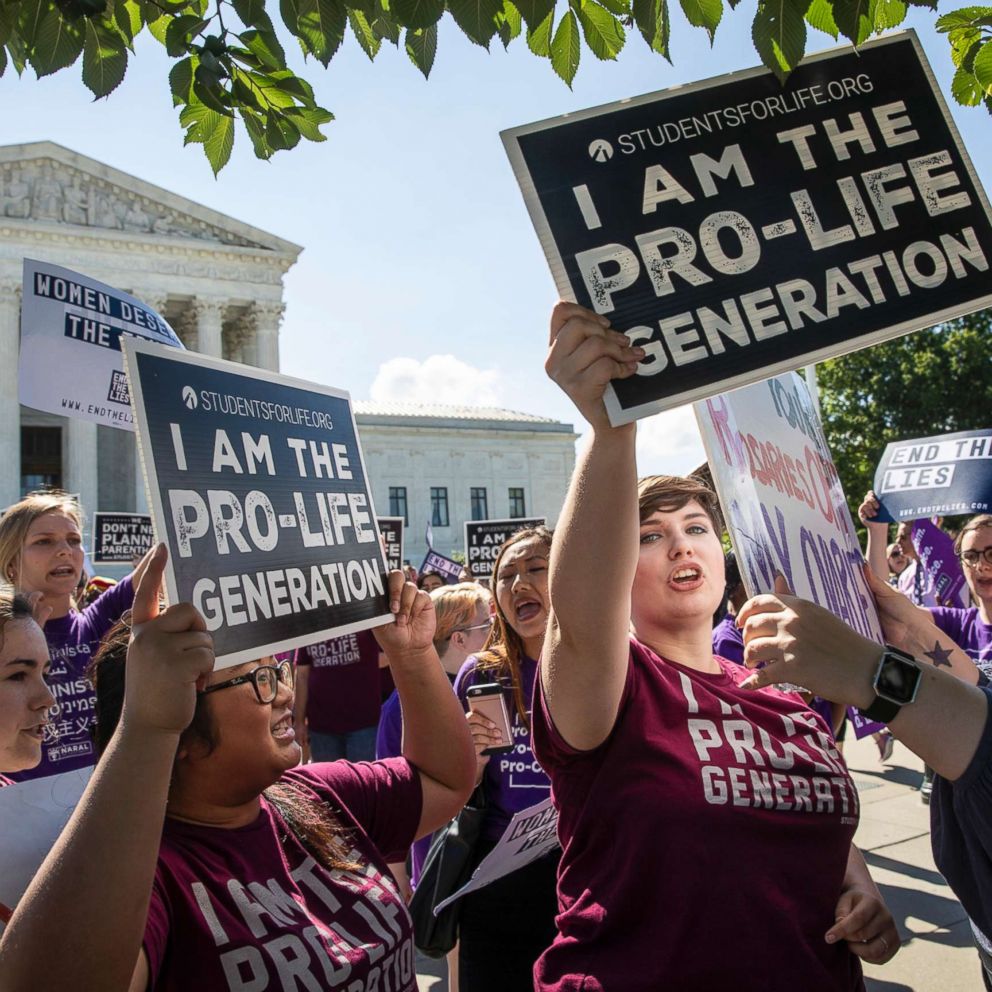‘Self-induced abortion’ searches on Google reflect a dark reality for many women
Anthony Kennedy's Supreme Court retirement has put abortion in the spotlight.
The battle over abortion rights may be at a turning point.
President Trump is expected today to announce his pick for the U.S. Supreme Court.
The new justice could potentially tip the court against abortion rights as he or she will replace retiring Justice Anthony Kennedy, who provided a key vote in 1992 to reaffirm Roe v. Wade, the landmark Supreme Court ruling that established a woman's right to abortion.
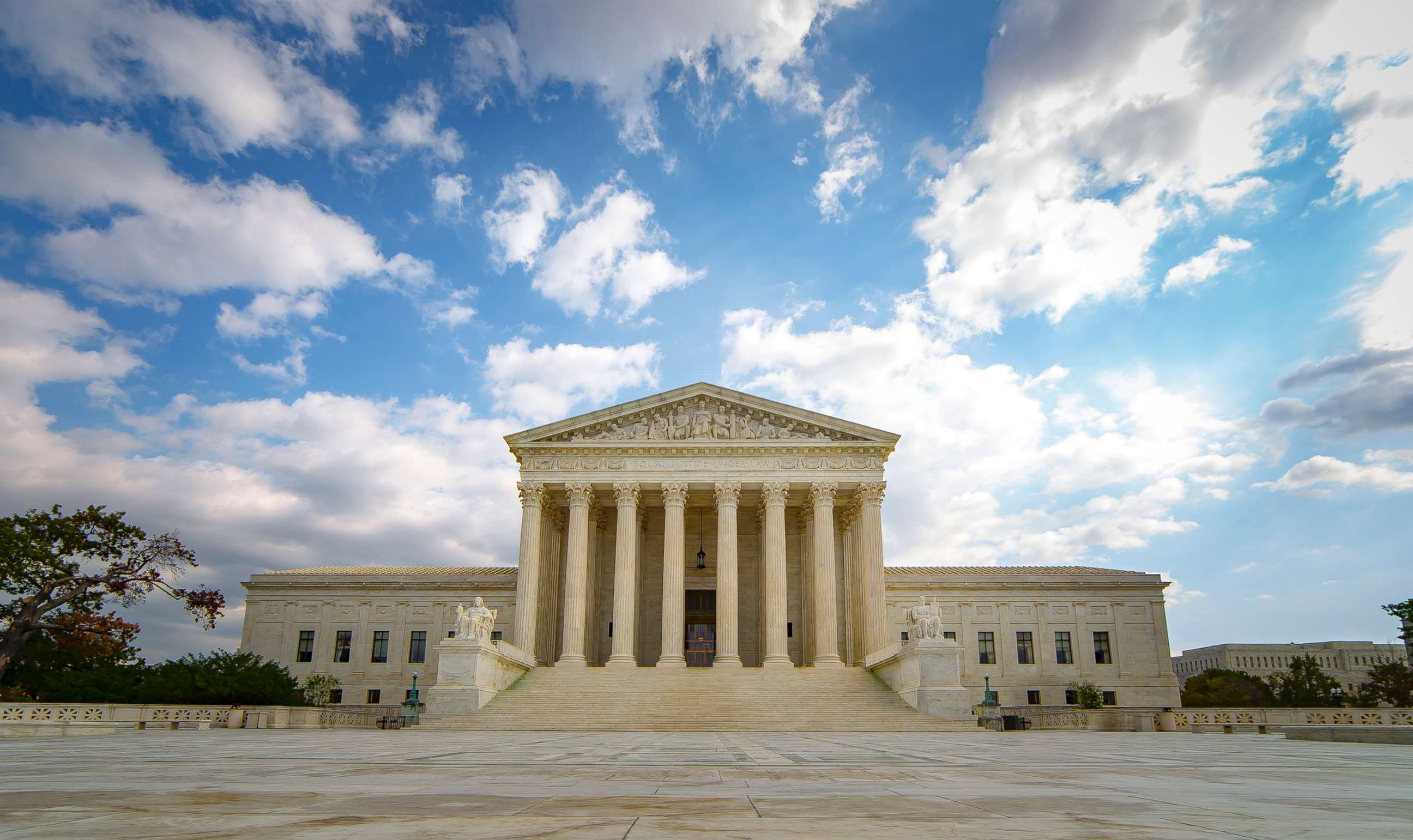
While Roe v. Wade remains in full effect at the federal level, restrictions enacted in some states make the ability for women to access abortion services largely dependent on where they live.
"In 2017, 58 percent of American women of reproductive age lived in a state considered either hostile or extremely hostile to abortion rights," said Megan K. Donovan, senior policy manager at the Guttmacher Institute, a Washington, D.C.-based reproductive rights research group. "It's very confusing that we have a constitutional right to abortion but how you actually are able to access that health care that you do [have a right to] depends on your zip code."
Online searches about self-induced abortion began to rise sharply in 2011 when there was an upswing in state restrictions on legal abortion, data scientist Seth Stephens-Davidowitz, who has studied internet search trends on self-managed abortions, told "Good Morning America." And the searches are most common in states with stringent restrictions.
People tell Google things that they don't tell other people
In 2015, the state with the highest rate of Google searches related to self-induced abortions was Mississippi, according to Stephens-Davidowitz. Mississippi still today has one abortion clinic statewide.
“People tell Google things that they don't tell other people,” said Stephens-Davidowitz. “Many people may not admit to other people they are looking into a self-induced abortion.”
In one month-long period of 2017 there were more than 200,000 Google searches related to information on self-abortion, according to data from the Guttmacher Institute.

Self-induced, self-managed or self-abortions are all terms for when a pregnant woman performs an abortion on her own without formal medical care.
A "GMA" analysis of Google search data over the last five years, from 2013 to today, also shows search interest in self-abortion on the rise.
Self-abortion today is different than pre-Roe v. Wade
Illegal abortions in the time before Roe v. Wade are sometimes referred to as coat-hanger abortions, a particular method of self-induced abortion.
And as recently as 2015, there were as many as 4,000 searches online for directions on coat-hanger abortions, of the around 700,000 Google searches that year about self-induced abortions, according to Stephens-Davidowitz's research.
But there are now methods for ending pregnancies not available before the Roe v. Wade ruling 45 years ago. Medical abortions, done through medication, accounted for nearly one-third of all non-hospital abortions in the U.S. in 2014, according to the Guttmacher Institute.
Medical abortion involves a pregnant woman taking two different medications, mifepristone and misoprostol, -- sometimes referred to as an abortion pill - under a clinician's supervision to end a pregnancy during the first 10 weeks. When the medication is obtained and taken by a woman on her own, without medical oversight, it is considered a self-managed abortion.
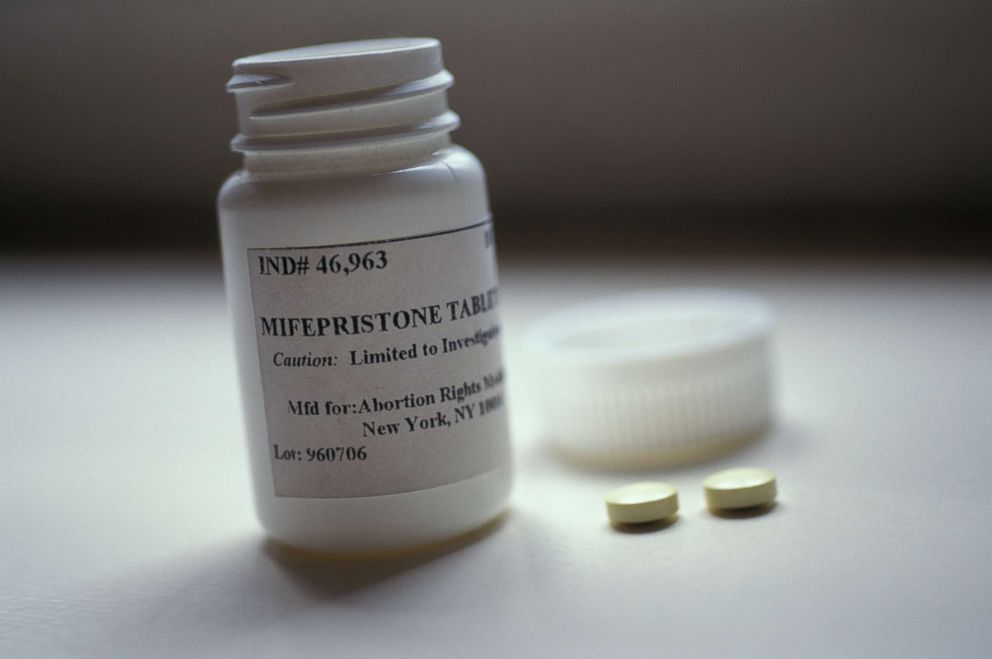
Medical abortion is legal under the supervision of a licensed medical professional, although some states have set restrictions.
Just over 30 states allow only licensed physicians, not other clinicians such as nurse practitioners or advance practice nurses, to prescribe the medication. And in 19 states, doctors providing a medical abortion must be in the physical presence of the patient during the procedure, limiting access, according to the Guttmacher Institute.
Through online searches, women may obtain the medications on their own, whether from a country outside the U.S. with fewer restrictions, from a website, or for another condition. Misoprostol on its own is used for several conditions unrelated to abortion.

“There is a tendency, especially in the context of a threat to Roe v. Wade, to hark back to the idea of the back alley and the coat-hanger abortion and a range of unsafe practices that we know were resorted to prior to Roe v. Wade,” said Donovan, of the Guttmacher Institute. “But we now have medication abortion and that is a safe and effective method.”
Guttmacher Institute research has found that misoprostol used by an untrained person is still safer than methods made infamous before Roe v. Wade, like coat-hanger abortions.
'Women don't know how to do this on their own'
Medical abortions pose serious risks though if not done with medical supervision, experts say.
Even under a doctor's care, medical abortions are associated with an increased risk of infection and can be associated with heavy bleeding and more cramping than a surgical abortion, according to ABC News Chief Medical Correspondent Dr. Jennifer Ashton, also a practicing obstetrician and gynecologist.
Ending a pregnancy without medical supervision can lead to infection and hemorrhaging or even an incomplete termination, in which the pregnancy continues despite attempts at termination, according to Ashton.
"The biggest [risk] is that they could miss an ectopic pregnancy," she said. "There could be a pregnancy that's not in the uterus that they don't know and if an ectopic pregnancy ruptures, women can bleed to death."
"When a woman has a positive pregnancy test, that doesn't necessarily mean that it's a normal uterine pregnancy," Ashton continued. "The whole reason that women normally go to an ob-gyn or Planned Parenthood is not just to tell them that they're pregnant ... but to follow blood levels of certain hormones and also to do an ultrasound to be sure that the pregnancy is in the uterus and not a life-threatening tubal pregnancy, which we call an ectopic."
Ashton said she has not heard firsthand of women medically terminating pregnancies on their own, but warned against such a practice.
"A lot goes into it and you can't just assume that a positive pregnancy test means a certain type of pregnancy," she said. "Women don't know how to do this on their own."
Ashton continued, "You can see this is not a DIY [do-it-yourself] type of thing."
The reality women face in states with growing abortion restrictions
Seven states across the U.S. currently have only one abortion clinic: West Virginia, Kentucky, Mississippi, North Dakota, South Dakota, Wyoming and Arkansas. That means women seeking abortions may need to drive hours to be able to access care.
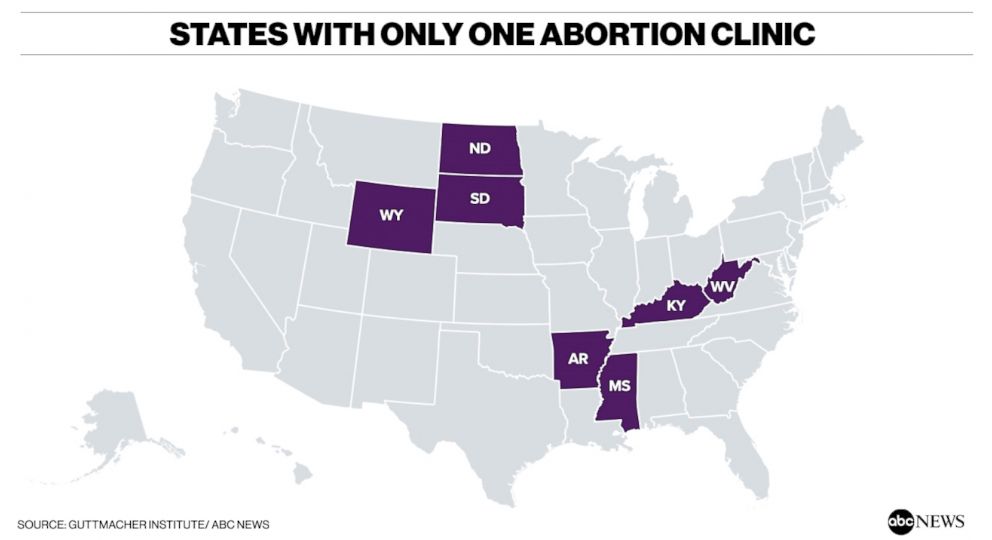
In other states, like Texas and Arizona, a significant number of abortion facilities have closed in recent years, according to the Guttmacher Institute, which tracks the number of abortion clinics nationwide.
In 2011, Texas had 46 abortion clinics and Arizona had 15; since then, the number of clinics in each state has dropped to less than half that, according to Guttmacher, which last released data for all states in 2014.
"As a health care provider, Planned Parenthood has seen firsthand the devastating consequences for people in states like Texas, where politicians have restricted access to abortion," said Danielle Wells, assistant director, state policy media for Planned Parenthood Federation of America. "Women have been forced to travel hundreds of miles, cross state lines, and wait weeks to get an abortion, if they can access services at all."
She added, "These barriers often have a disproportionate impact on communities of color, who already face systemic barriers in accessing quality health care."
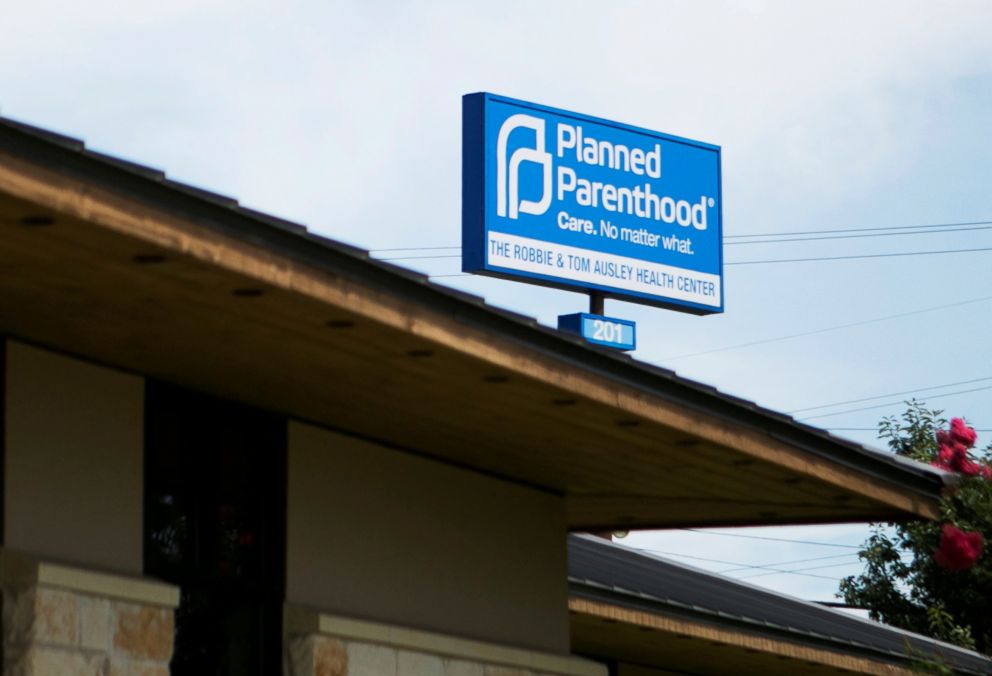
Women in Arkansas would be left with only one place in the state to get an abortion under a state law, now tied up in the courts, that would impose such strict regulations on medical abortions that critics say it would effectively ban them. Only one facility in Arkansas provides surgical abortions.
A 2017 study by the World Health Organization (WHO) and the Guttmacher Institute found North America has among the lowest incidences of unsafe abortions, of which 25 million worldwide occurred every year between 2010 and 2014 worldwide.
The study's authors concluded that "restricting access to abortions does not reduce the number of abortions."
"In countries where abortion is completely banned or permitted only to save the woman’s life or preserve her physical health, only 1 in 4 abortions were safe," they wrote. "Whereas, in countries where abortion is legal on broader grounds, nearly 9 in 10 abortions were done safely."
The future of Roe v. Wade and abortion rights
While the next few weeks, perhaps months, may be consumed by a fight over filling the Supreme Court vacancy, what happens in statehouses across the nation will matter for women too.
“What we may see happen is that rather than overturning Roe v. Wade, the Supreme Court can really gut that decision,” said the Guttmacher Institute's Donovan. “Abortion may remain technically legal nationwide, but the jurisprudence could change to really open the door even wider for any number of restrictions that just in effect mean that women have less and less access.”
"State legislatures may be all the more emboldened by the opportunity to further restrict abortion in the event that the Supreme Court opens that door even wider," she said.
If that proves to be true, the need for thorough and accurate information for women online will be critical, Donovan noted.
"People are turning to the internet for information about how to self-manage an abortion," she said. "Anytime someone is unable to find and rely on accurate information, then we know that their access to high-quality care is put further at risk."
ABC News Meghan Keneally contributed to this report.

